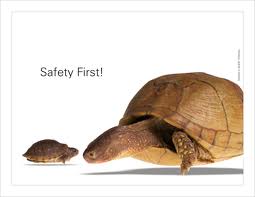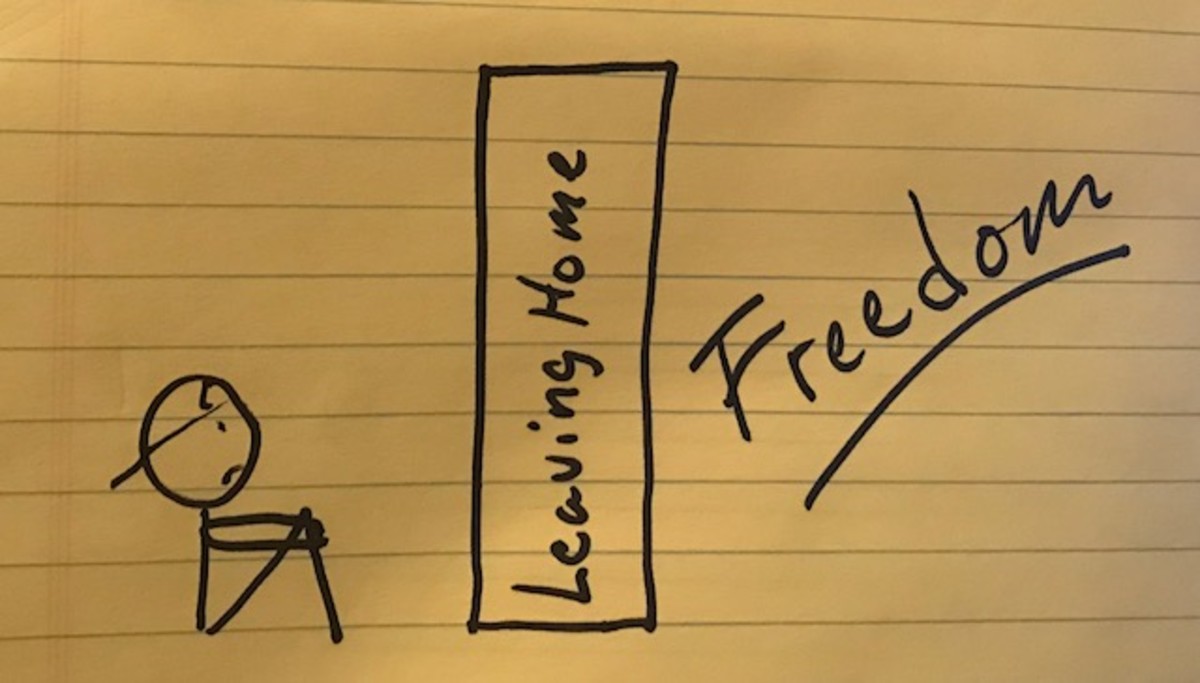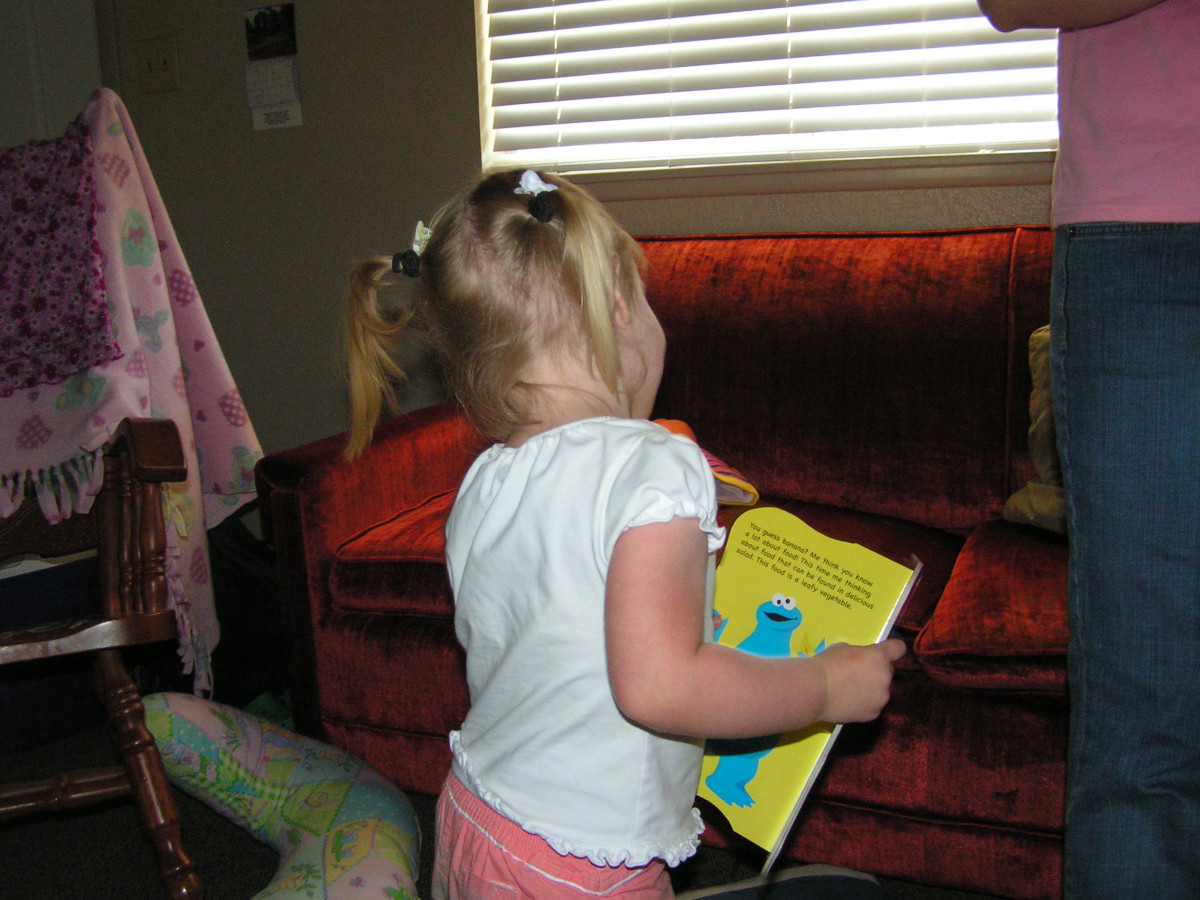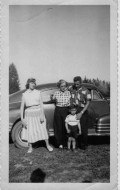Kidnapping: How Parents Can Protect Their Children

Every year, millions of people welcome a new baby into the world. One of the greatest joys in life is having a child as children have a way of blessing those that they come in contact with. They have a high degree of innocence about them that many find refreshing in addition to their straightforward, tell-it-like-it-is approach when communicating with others. And, while there are times when parents welcome a break from the kids, most parents don’t ever regret their decision to have children.
Sadly, every day there are thousands of children reported missing in the United States. Undoubtedly, this is a parent’s worst fear for their children. While this fear is certainly justified, there are many things that parents can do to minimize the risk of losing a child to kidnappers.
Know the Facts
While the thought of child abduction is scary for parents, it isn’t fair to the child to keep him locked in the house every day in response to this fear. This is why parents need to arm themselves with the facts. For example, if parents knew that out of every 10,000 missing children’s reports, only one child isn’t found…their blood pressure probably wouldn’t jump quite so high when they don’t instantly see their child on the playground.
Another comforting fact is that roughly 75 percent of kidnappings are committed by a family member, making them easier to find. Knowing the facts of child abductions can greatly reduce the amount of anxiety parents feel while giving parents the information they need to help prevent it from happening to one of their children.

Teach Emergency Contact Information
One of the first things parents should teach their children (after their names) are their emergency contact information. Start with something simple, like how to dial 911 as this one “little” number could save their life one day.
In addition to 911, children should know their home phone number and parents’ cell phone numbers, address, social security number and their entire name. Teaching young children this information will take time, patience and practice, but it is something that every parent needs to take the time to do. If a child is abducted and manages to get away, the above information will help authorities find his/her parents faster.
Provide Constant Supervision
The majority of kidnapped children are taken when they aren’t being supervised. Therefore, children should always be supervised in public areas. Families living in heavily populated neighborhoods should keep an eye on children while they play outside too, especially if they play in the front yard or a non-fenced area. Even children playing at a nearby park should be accompanied by an adult.
Children under the age of 12 shouldn’t be left alone at the mall, movie theater or any other highly populated area. Back in 2007, a mother was charged with child endangerment after she left her 12-year old daughter, her friend (also 12) and three younger children (ages 8, 7 and 3) at the mall alone. A clerk at Macy’s called the police when the two older girls left the three younger children unattended as they tried on clothing in a dressing room. Subsequently, the police officer charged the mother with child endangerment. While the two 12 year old girls were old enough to go to the mall alone, the younger children weren’t. Young children can easily be snatched by kidnappers when left unattended and even when left in the care of an older sibling as kidnappers can usually overpower them.
Therefore, in order to dramatically decrease the chances of abduction, parents need to focus on doing everything they can do to keep children safe in public places. Providing constant supervision is a big step in the right direction.
Have you talked to your children about kidnapping?
Be Picky
Parents should be very picky when they choose who to leave their children with when they can’t be home with them. Whether it’s a childcare facility that comes highly recommended or the neighbor girl that comes over occasionally so mom and dad can go on a date, parents need to be diligent in asking for references from everyone they will entrust their children with and they need to follow up and check each of those references out.

Teach Safety Over Manners
Most parents focus on teaching their children how to behave appropriately and demonstrate good manners when out in public and interacting with other people. While children do need to learn good manners, it is important that they also understand that their safety comes before being nice.
For example, children need to know that it is okay to say “no” and to be rude to anyone who asks them to go with him/her to help find a lost puppy/cat/person, or for any other reason. It’s also good for parents to reassure children to run away from a stranger or someone that makes them feel uneasy. Most kids don’t like to be rude and upset people, but they need to know that it’s okay when strangers are involved.
Have a Plan
It is impossible for parents to be with their children every hour of every day. Therefore it is important for parents to talk to their children about how to react if someone tries to take them or lure them away. For example, a good plan of action would be something like this:
- · Fight and try to run away.
- · Yell and scream as loud as possible.
- · Yell what is happening, such as: “Help! He’s not my dad!” or “Help! She’s not my mother!” (This is important as onlookers may think the child is simply throwing a fit if he/she simply screams.)
Not only should parents talk to their children regularly about what they should do in scary situations, but parents should also practice this with their kids. It’s a proven fact that when something is practiced often enough, it becomes a habit. Therefore, children who have been taught how to respond in these situations, through verbal instructions and practice, are more likely to follow the plan above out of instinct than those who have not been worked with, in the case of a real abduction attempt.

Enroll Kids in Self-Defense Classes
Self-defense classes for kids not only teach children the self-defense techniques they need to defend themselves in case of an attack but these classes also teach them a number of other skills. For instance, many martial arts instructors teach students to be aware of their surroundings and how to spot people and/or things that are out of place and may pose a threat. These skills are just as important as the self-defense techniques because they can help children learn how to identify and avoid potentially dangerous situations.
One of the greatest joys is having children, but that joy comes with one of the greatest fears for parents – the fear of losing a child. While kidnappings do occur, the tips above will help parents minimize this risk with their children.








